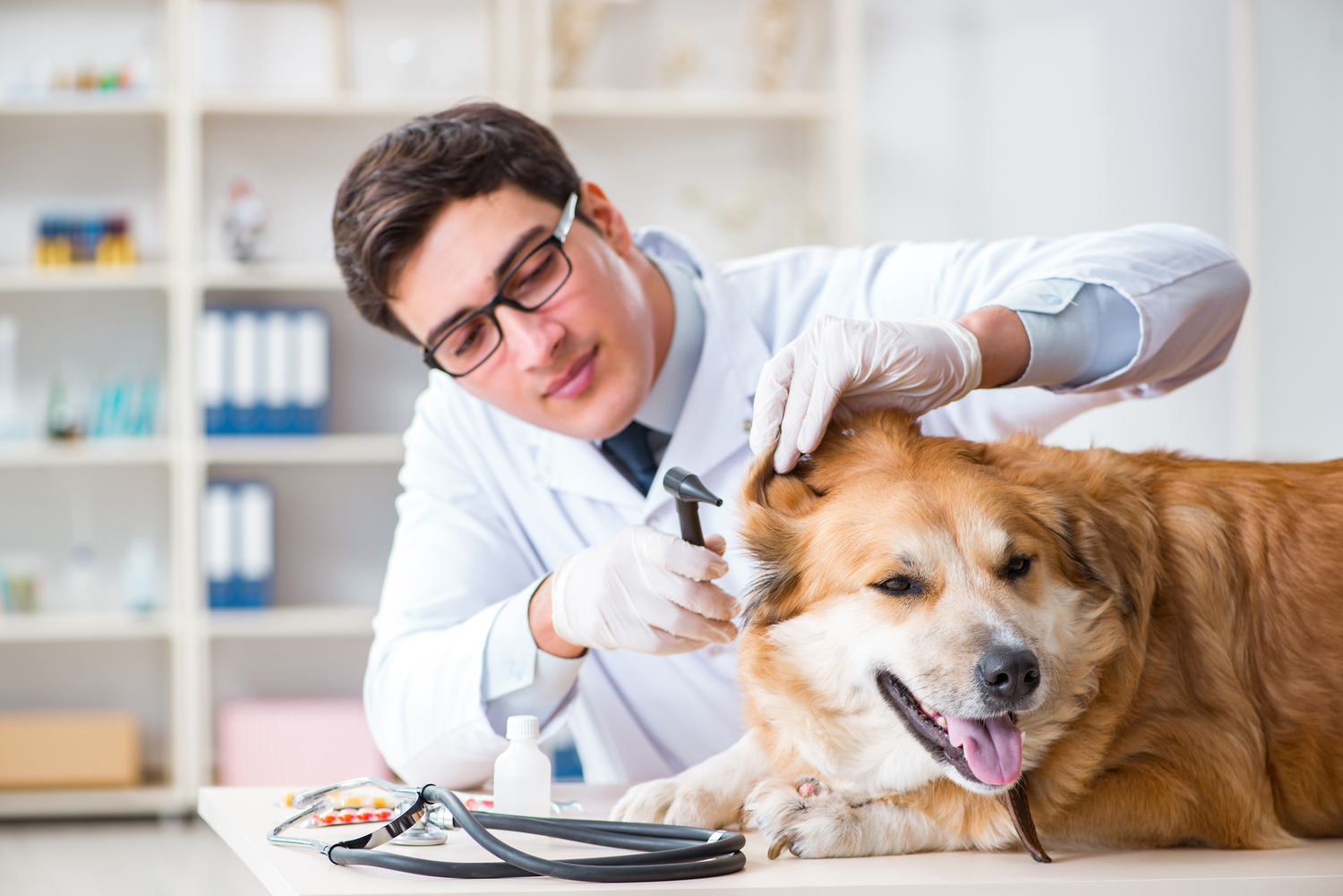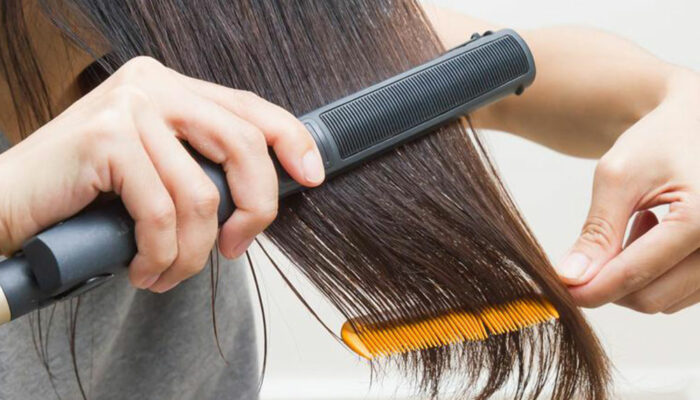
The Real Dangers of Fleas on House Pets
No pet owner wants to live in a pest-infested home. It is incredibly annoying when your pet brings fleas home for the first time. Fleas are known to spread fast, and failure to detect and eradicate them early enough can be disastrous for both you and your pet. Below are some potential dangers of flea infestation:
1. Fleas can carry the tapeworm parasite
Fleas are known tapeworm carriers. Tapeworms may be passed to your pets, particularly dogs, when they ingest food or water contaminated with tapeworm eggs or larvae. Once ingested, tapeworms can grow inside a dog when they attach to the animal’s inner intestine via hook-like mouthparts. Tapeworms pose the most danger to puppies, who may develop growth issues intestinal blockages and anemia due to tapeworms. Dogs with tapeworms typically show signs scooting their bottoms on the ground to soothe the itching and irritation associated with tapeworms. If you notice fleas on your pet and in your home, bathe your dog with vet-approved flea shampoo and wash all bedding and areas the pet has come into contact with in your home. Ensure your pet’s beddings is regularly washed with hot water to eradicate any traces of fleas.
2. Flea bites are bothersome and can cause further health complications
Flea bites are not only pretty irritating to pets; they can also cause serious health complications. For instance, constant scratching resulting from flea bite may cause breakage of skin leading to infections. If your pet is still young and experiencing a severe flea infestation, they may become vulnerable to flea allergy dermatitis, or anemia, which may occur when ingested fleas feed on the cat or dog’s blood, leading to a significant decrease in red blood cell count. In the case of a severe flea infestation, it is paramount that you take your pet to the veterinarian.
3. Fleas may transfer disease to humans
As much as they prefer biting pets, human beings are no exception for flea bites. In fact, human beings are vulnerable to several flea-borne diseases such as flea-borne spotted fever, plague, typhus, and cat scratch fever. A flea bite can also get infected. If you experience signs of swollen glands, extreme pain around a flea bite mark, or excessive redness or inflammation, please see a doctor right away.
4. Chemicals used by exterminators can be harmful
Severe flea infestation may require a professional exterminator. These professionals understand the best procedures for terminating fleas for good. However, the chemicals they use during an extermination are not human- or pet-friendly. This is the reason workers wear protective gear during the extermination and close up the house until the fumes clear. Even so, chemical fumes may linger after an extermination and cause skin irritation and allergies in human beings.
Spotted fleas, which are the most common transmitted into homes via pets, are masters at hiding. Fleas love hiding in furniture, pet bedding, pillows, and more. Regularly vacuuming your rugs and furniture and washing bedding and pillows will help prevent flea infestation inside your home. Fleas can also enter the home if they jump on your pet in the backyard. Fleas often hide tall grass, which is why it’s paramount that you regularly mow your lawn.



